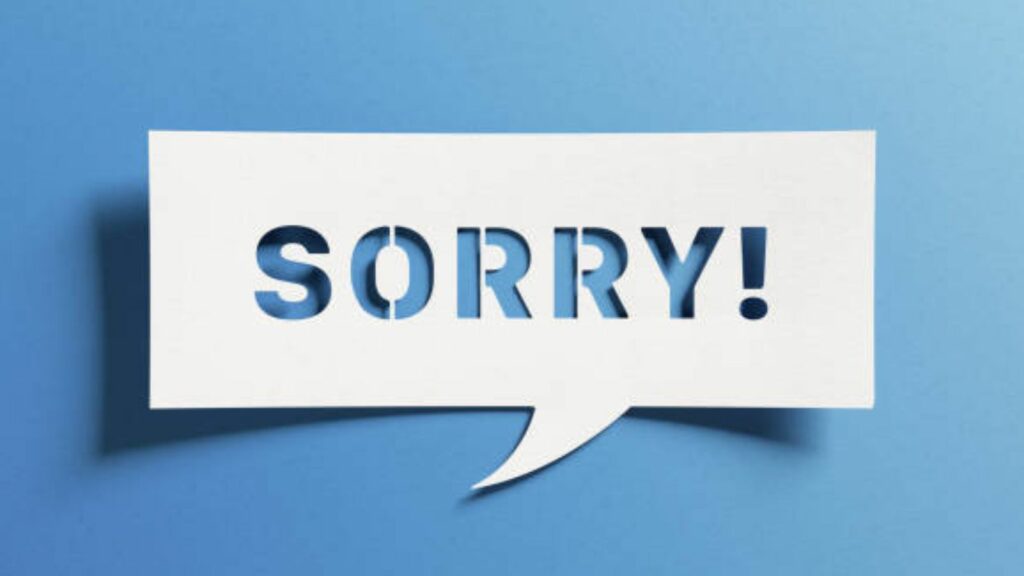Despite their friendly reputation and modest global image, Canadians have quietly mastered the art of outsmarting their southern neighbors in more ways than one. Without brash claims or headline-grabbing declarations, Canada has managed to design systems, policies, and cultural norms that often make life smoother, safer, and more sustainable. While not perfect, many Canadian approaches to health, governance, and society offer compelling contrasts to the American model. Here are 19 ways Canadians outsmarted America without even trying.
Universal Healthcare

Canada’s publicly funded healthcare system may not be flawless, but it ensures that no Canadian faces bankruptcy over a medical bill. Unlike the U.S., where access to healthcare can depend on employment, income, or insurance loopholes, Canadians receive care based on need, not wealth. This removes a major source of stress for citizens and contributes to longer life expectancy and better overall health outcomes. The simplicity and humanity of the system are quietly powerful.
Banning Guns (Mostly)
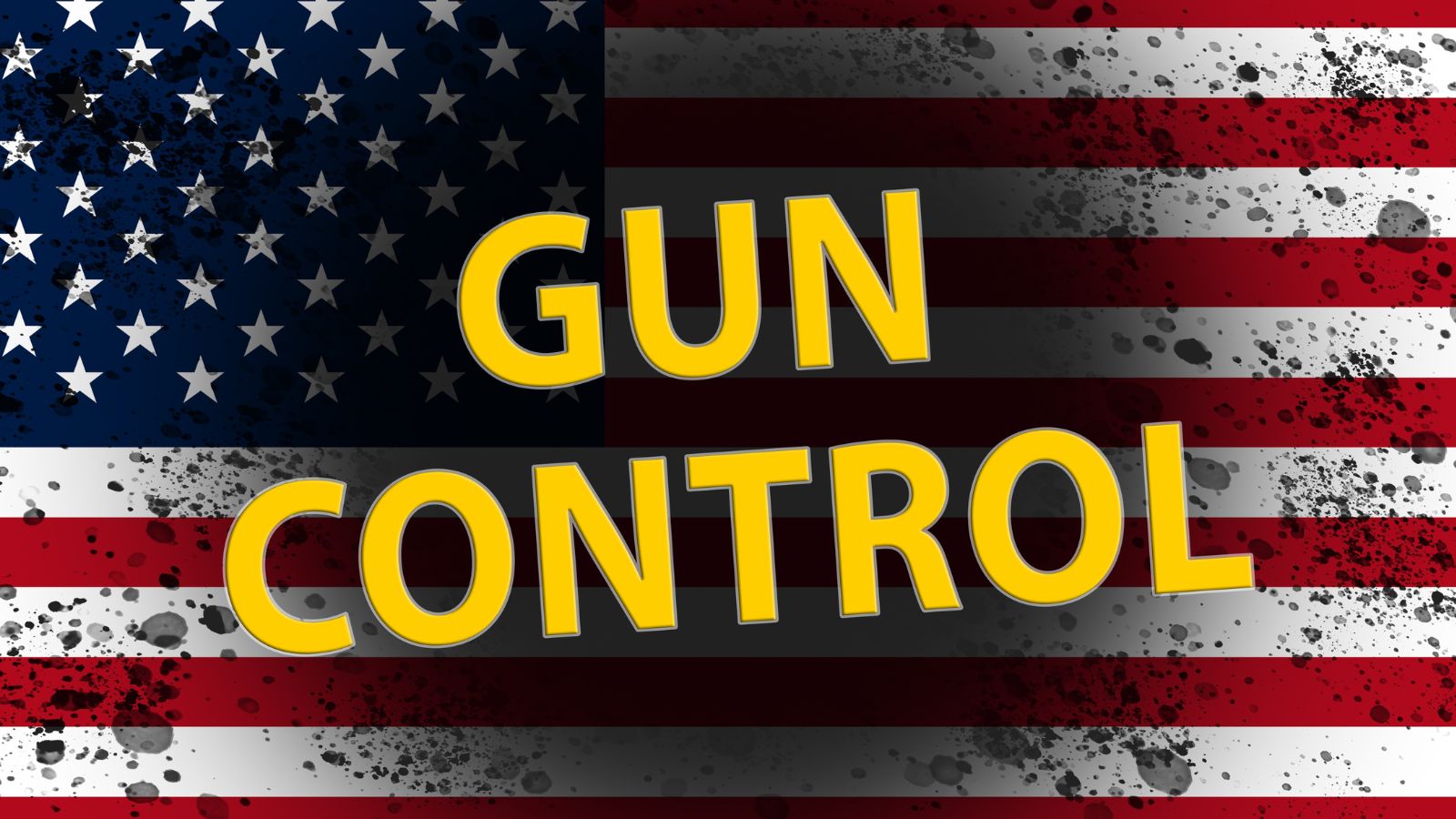
Canada doesn’t have the same gun culture as the United States, and its strict gun regulations reflect that. Canadians still have access to firearms for hunting or sport, but high-powered weapons and handguns are tightly restricted. As a result, the country experiences far fewer gun-related deaths and mass shootings. It’s a calm, quiet success in favor of public safety that speaks volumes without needing to shout.
No-Tipping Culture Emerges

While tipping is still practiced in Canada, it hasn’t spiraled into the chaotic, guilt-driven obligation seen in the U.S. Increasingly, Canadians are questioning the fairness of relying on customers to subsidize wages. Many businesses pay service workers closer to a living wage, which means better job security and dignity for workers. Canadians are slowly reclaiming the idea that good service should be respected and fairly compensated, without emotional manipulation.
Legalized Cannabis, Done Right
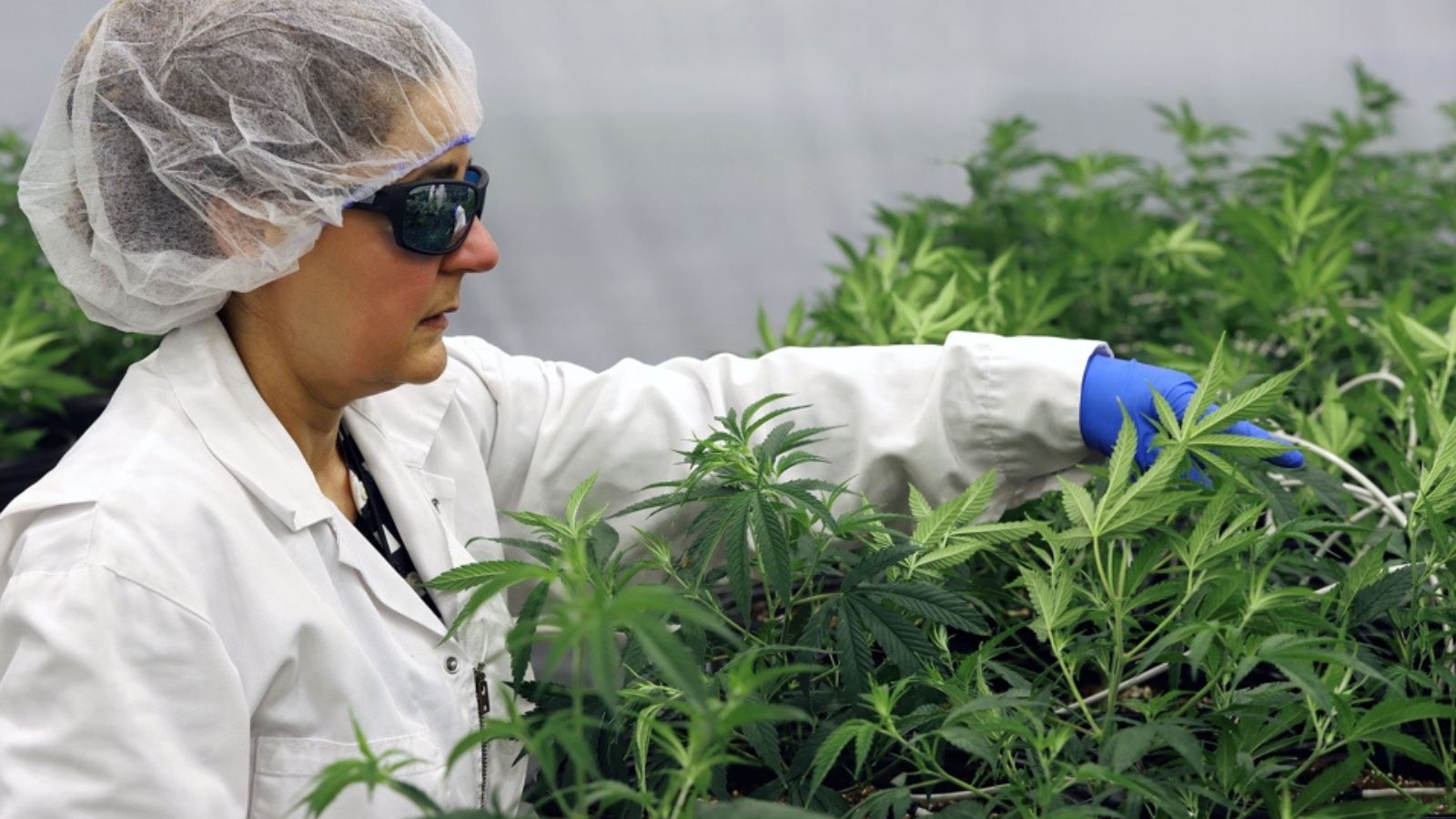
Canada federally legalized cannabis in 2018 and did it with considerably less drama than most American states. The result: a safer, regulated industry that collects tax revenue, undercuts illegal markets, and supports harm reduction. Unlike the patchwork legality in the U.S., Canadians can enjoy clarity and consistency nationwide. It’s a mature, public-health-first approach that avoided hysteria and focused on facts.
Polite Politics Still Exist

Canadian political debates can be fierce, but compared to the U.S., they still lean toward civility. Attack ads and extreme partisanship exist, but there’s generally more room for center-ground dialogue and multi-party cooperation. Canadians are less likely to see politics as identity warfare and more likely to value compromise. In a time of political polarization, this quieter approach to governance is a smart advantage.
Paid Parental Leave

In Canada, new parents can access up to 18 months of paid parental leave, depending on the province and the chosen plan. This gives families crucial time to bond, recover, and adjust to life with a newborn without fearing financial ruin. In the U.S., by contrast, paid parental leave is not federally guaranteed. Canadians simply designed a more humane and forward-thinking system without making a fuss about it.
The Metric System

Canada’s official adoption of the metric system might feel confusing to American tourists, but it’s a globally consistent, scientifically sound system. The U.S. remains one of the only countries still using miles, gallons, and Fahrenheit, which complicates trade, education, and communication. Canadians benefit from alignment with international standards in science, manufacturing, and health, proving that small but smart choices can have wide-reaching benefits.
Banking Stability
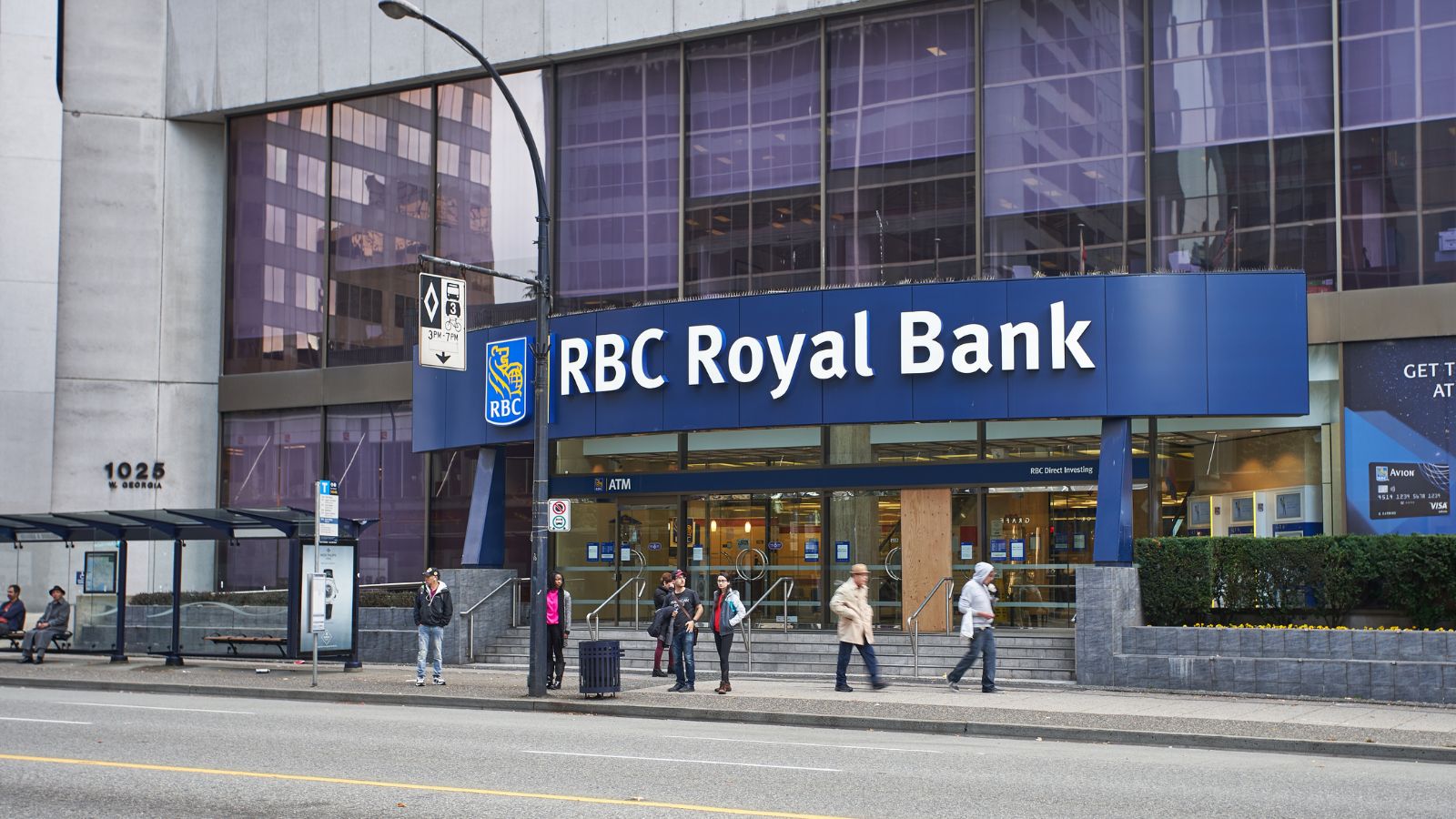
Canada’s banking system is famously conservative—less flashy, but far more stable. While American banks collapsed during the 2008 financial crisis, Canadian banks remained strong, largely due to stricter regulations and more cautious lending. This stability protects Canadians from massive economic disruptions and increases trust in financial institutions. Quiet consistency, in this case, outsmarts risky ambition.
No Death Penalty
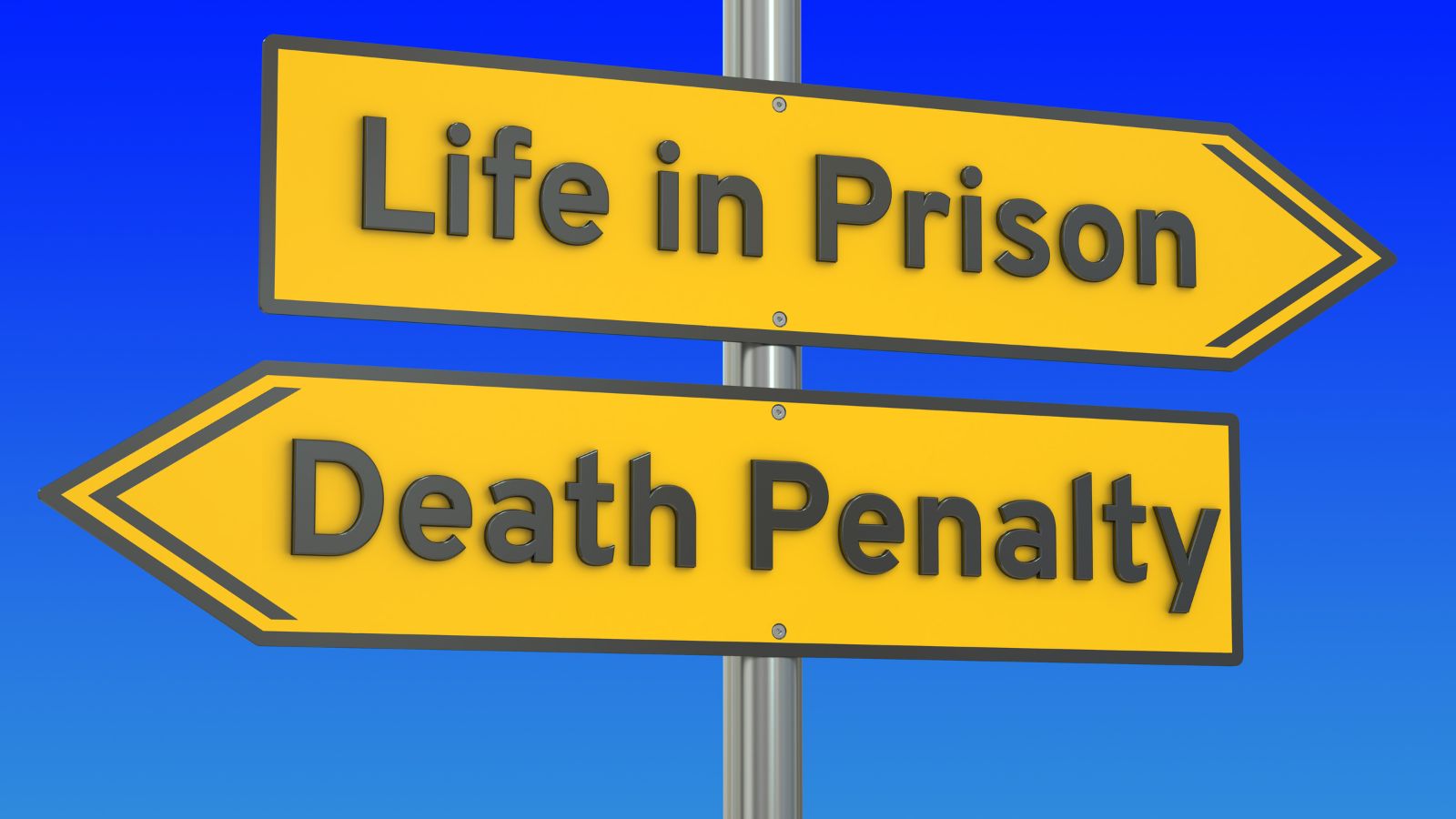
Canada abolished the death penalty in 1976, favoring rehabilitation and life imprisonment over state-sanctioned executions. This move reflects a deeper commitment to human rights and acknowledges the irreversible consequences of wrongful convictions. While the U.S. still carries out executions, often under controversial circumstances, Canada avoided that moral quagmire altogether.
Voting Made Simple
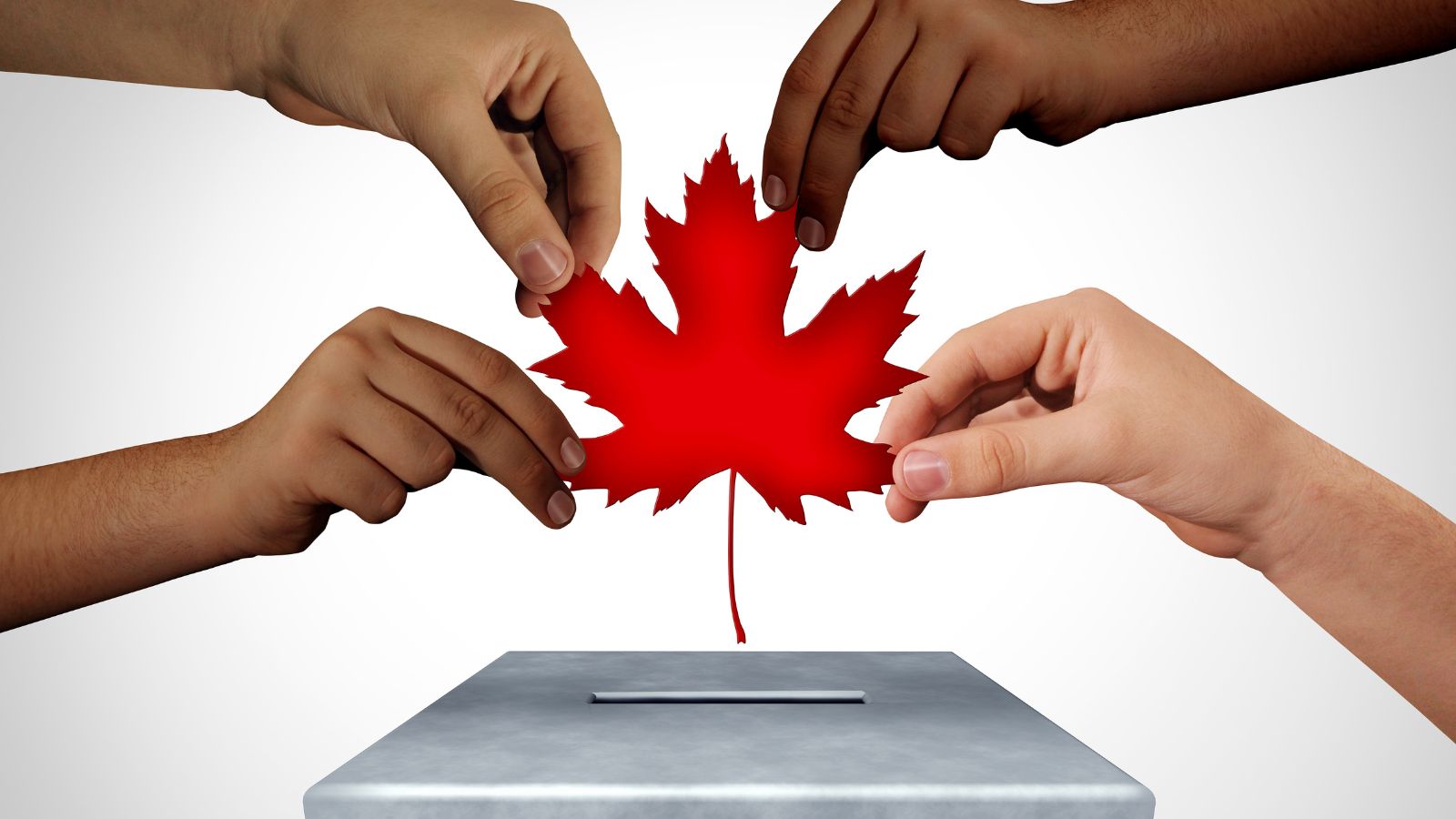
Elections Canada makes voting accessible with mail-in ballots, advanced polling days, and automatic registration for many citizens. Voter turnout in Canada, while not perfect, consistently outpaces that of the U.S., where voter suppression and bureaucracy often obstruct participation. Canadians enjoy smoother access to the ballot box without needing to take unpaid time off work or navigate complex laws.
Science Over Spectacle
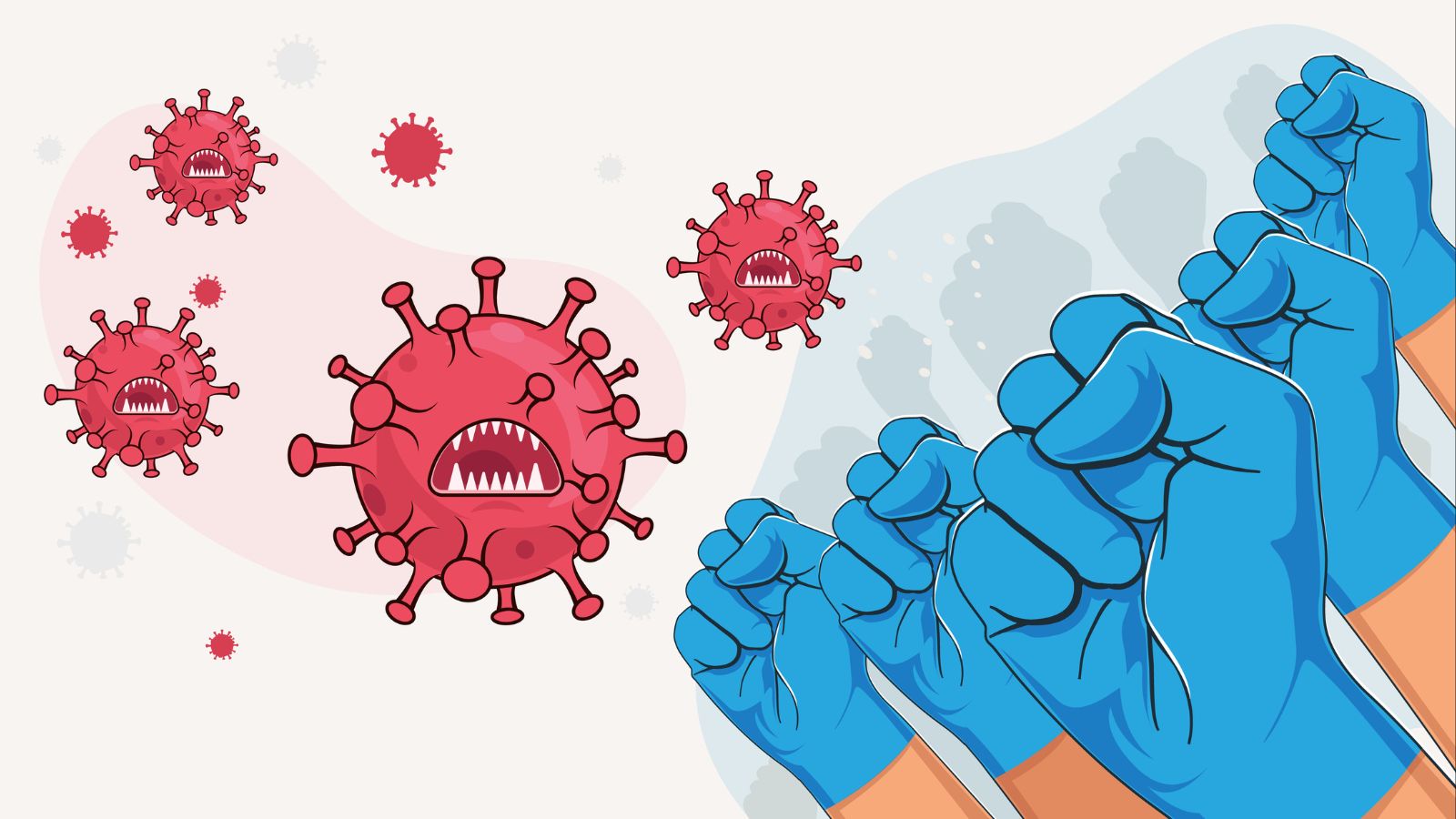
From climate change policy to vaccine rollout strategies, Canada often lets science lead its decisions, without turning it into a political circus. The government consulted public health experts during the pandemic and maintained relatively high public trust in its institutions. While the U.S. battled over masks and misinformation, Canadians quietly followed the evidence..
Public Broadcasting That Works
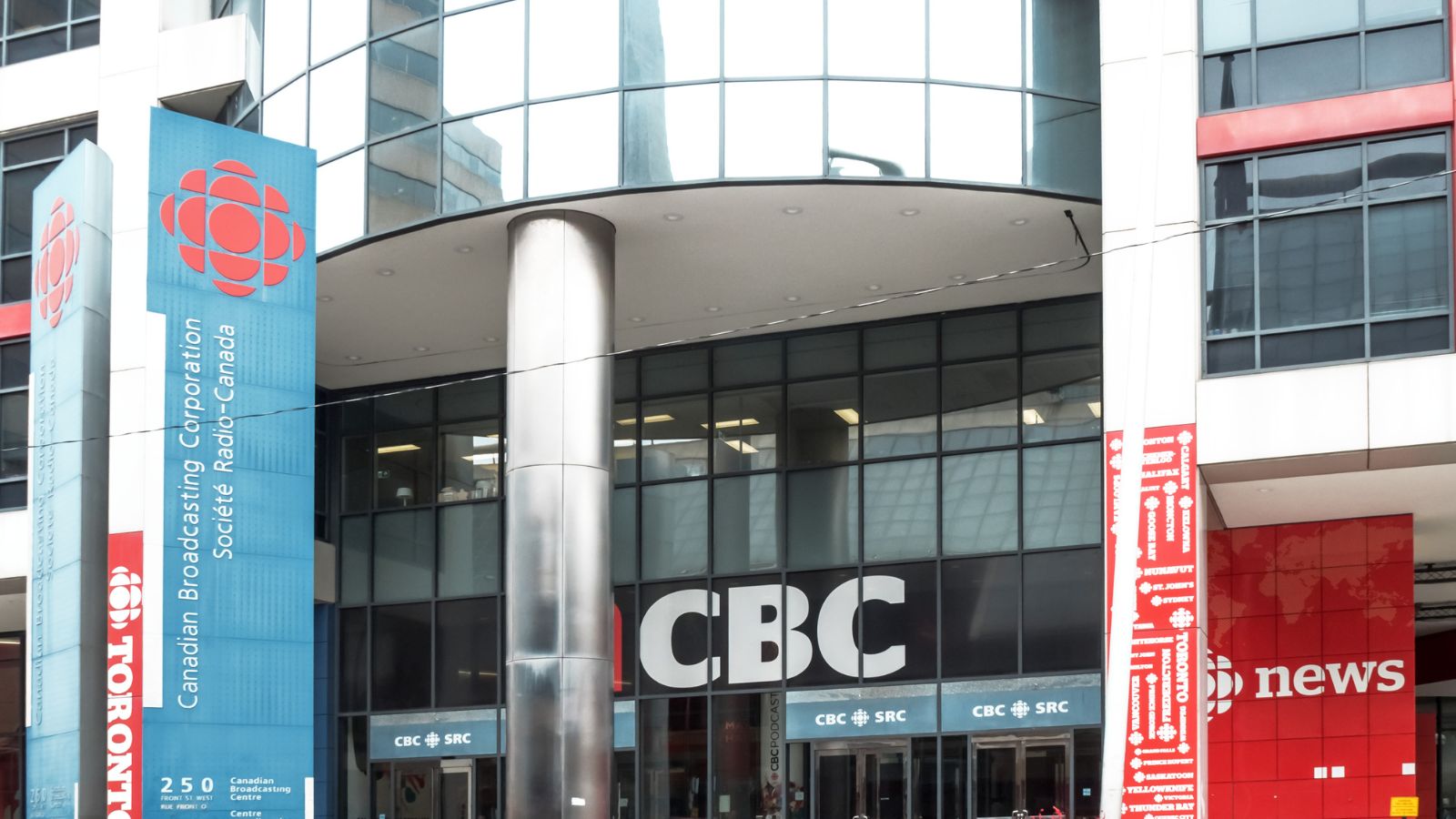
The CBC (Canadian Broadcasting Corporation) offers news, documentaries, and cultural programming that serves the public interest, not profit margins. While American news is often criticized for sensationalism and partisan divides, the CBC maintains a reputation for balanced reporting. Canadians have access to thoughtful journalism without paywalls or corporate slants, creating a media model that values public knowledge over clicks.
Embracing Multiculturalism

Canada doesn’t just tolerate diversity, it celebrates it. Official multiculturalism policies encourage integration while preserving cultural identity, resulting in communities that are inclusive, vibrant, and peaceful. In cities like Toronto and Vancouver, diversity isn’t a talking point, it’s daily life. Canadians figured out that unity and diversity aren’t opposites; they’re strengths that can coexist.
Cleaner Cities

Walk through any Canadian city, and you’ll likely notice something: less litter, cleaner streets, and more organized public spaces. Municipal policies around waste, recycling, and public infrastructure are often better maintained than in comparable U.S. cities. It’s not just about aesthetics—it’s about public pride and sustainable living, showing how Canadians make it work through both policy and collective effort.
Tuition That Doesn’t Crush You

University tuition in Canada is significantly lower than in the U.S., with more public funding and fewer predatory loan practices. Students graduate with less debt, which gives them more freedom to pursue careers without being financially paralyzed. While student debt is a crisis south of the border, Canadians quietly avoided it becoming a national emergency. Smart investment in youth pays dividends for generations.
Safer Streets

Crime rates in Canada are generally lower than in the U.S., especially when it comes to violent crime. While no country is free from crime, Canadians tend to experience less daily fear of gun violence, police brutality, or systemic over-policing. The overall culture leans toward community safety and prevention, rather than punishment, resulting in a society that feels, and is, more secure.
Work-Life Balance Still Exists
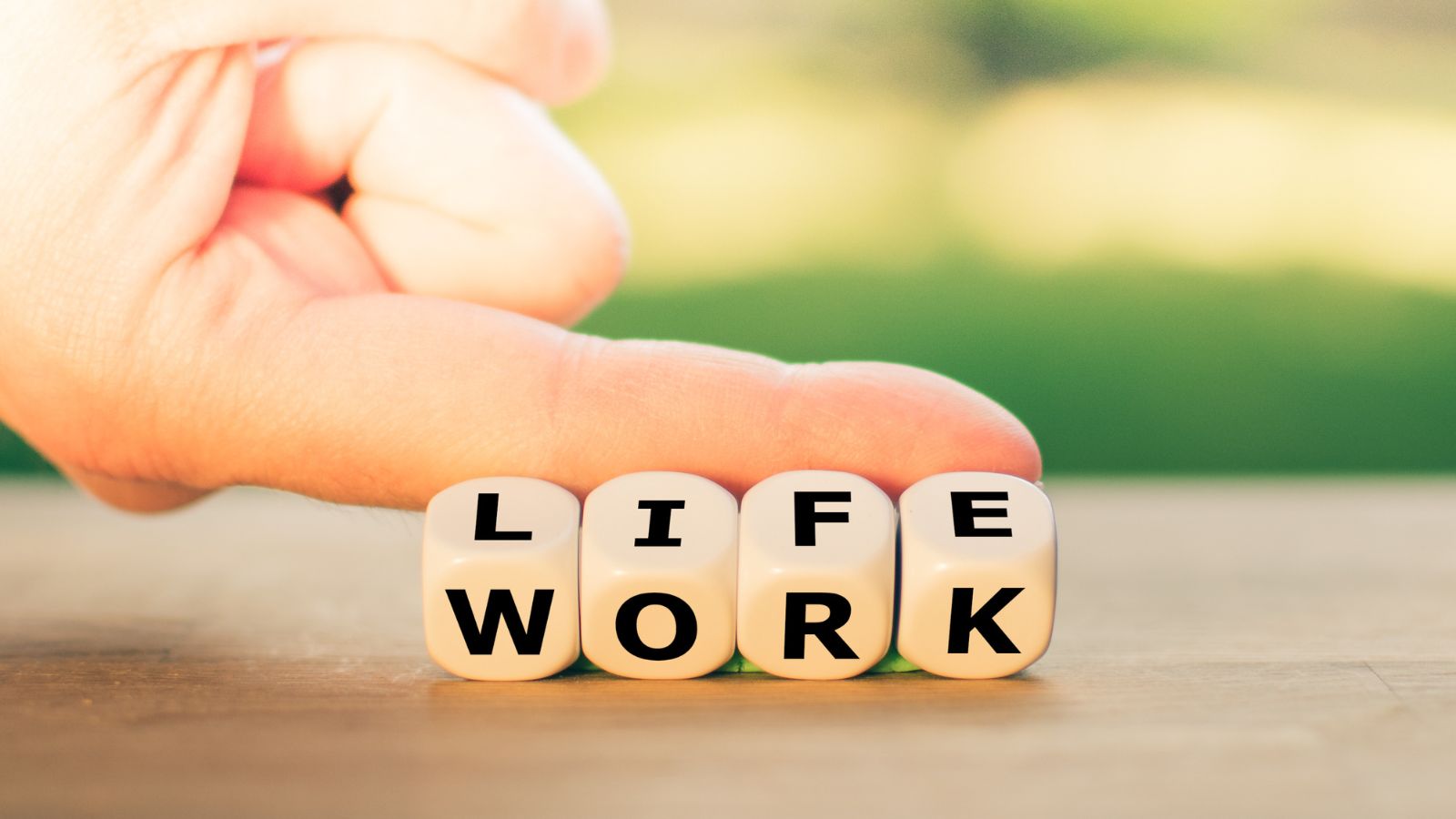
Canadians work hard, but they also protect their right to disconnect. Vacations are longer, overtime is better regulated, and labor protections are stronger than in many U.S. states. The hustle culture that dominates American life doesn’t run quite as deep in Canada, andn, as a result, Canadians often report higher life satisfaction and lower burnout.
Trust in Institutions
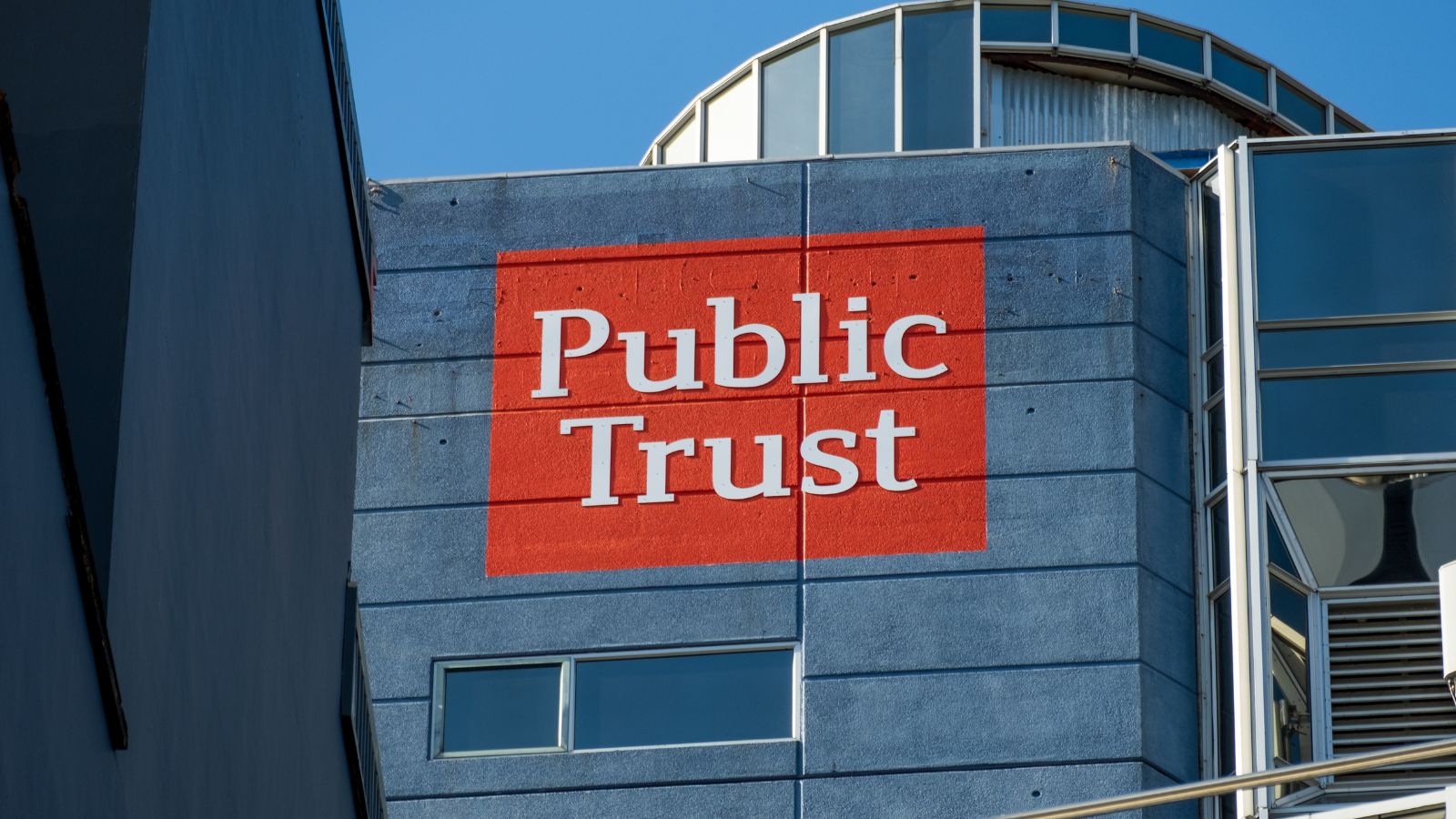
While trust is declining globally, Canadians still report higher levels of trust in their public institutions, healthcare, education, and government, than Americans do. This doesn’t mean they’re naive; it means systems are generally more transparent, consistent, and fair. That trust enables smoother coordination during crises and less civic unrest. In short, a functioning society earns trust without demanding blind loyalty.
The Apology Advantage
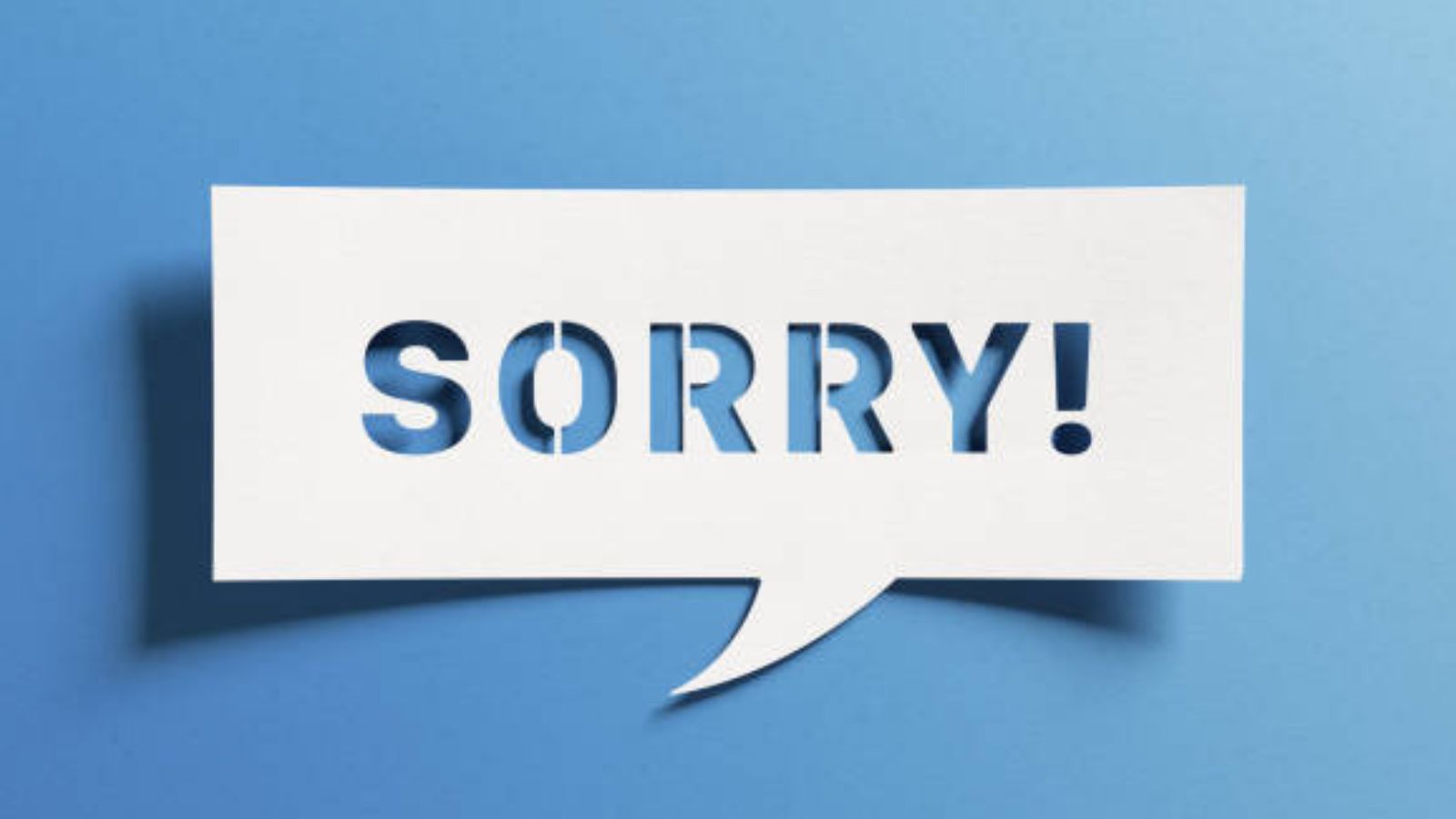
Canadians are known for saying “sorry”, often and sometimes unnecessarily, but there’s wisdom in this cultural norm. Apologizing, even casually, helps defuse conflict, maintain harmony, and build trust. While Americans may view apologies as admissions of guilt, Canadians treat them as social glue. It’s a soft skill that keeps communities cohesive and daily life more respectful.
21 Products Canadians Should Stockpile Before Tariffs Hit

If trade tensions escalate between Canada and the U.S., everyday essentials can suddenly disappear or skyrocket in price. Products like pantry basics and tech must-haves that depend on are deeply tied to cross-border supply chains and are likely to face various kinds of disruptions
21 Products Canadians Should Stockpile Before Tariffs Hit
